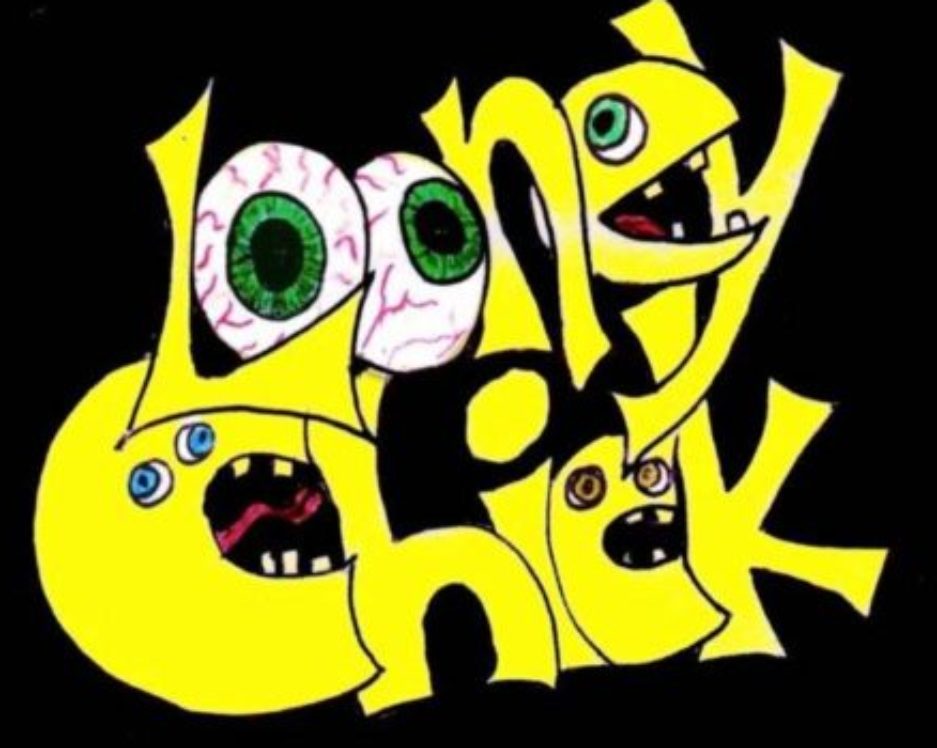
Did you know that you can now receive help for gaming addiction on the NHS?
If you have a child or teenager who is constantly on their Playstations or Xbox’s they may have a gaming addiction.
The NHS now provides help for children hooked on games such as FIFA and Fortnite video gaming is now classified as a mental health disorder by the World Health Organisation (WHO).
The popularity of gaming has led to viewing records on the streaming site Twitch.
Counseling for gaming addiction has come into play due to evidence that young players and teenagers are suffering from psychological distress and family breakdown as a result of their addiction.
In June The Daily Telegraph revealed that a 15-year-old gaming addict in London had been hospitalised for eight weeks and off school for a year after losing the confidence to go outside.
Here’s what to look at for if you think your child may have a gaming addiction:
• Children who are constantly talking about games obsessively
• Play for hours both day and night
• Deny they have an obsession when they are told they spend too much time on the computer
• Get angry and answer you back when they are told to turn their games off
• Children stay up all hours and neglect their sleep in order to play games
• Hide or downplay time spent gaming
• Seem preoccupied, depressed, or lonely
• Studies show that excessive gaming (approximately 3 hours per week) by youths is linked with increased levels of depression, anxiety, and social phobia, all of which can last years into the future.
•You can educate yourself by visiting websites like video-game-addiction.org and On-Line Gamers Anonymous
It’s not too late to help your child to overcome gaming addiction.
If you think your child spends too much time playing games on the computer, don’t just leave it and ignore it, make an appointment with your GP and call one of the numbers above for advice.
